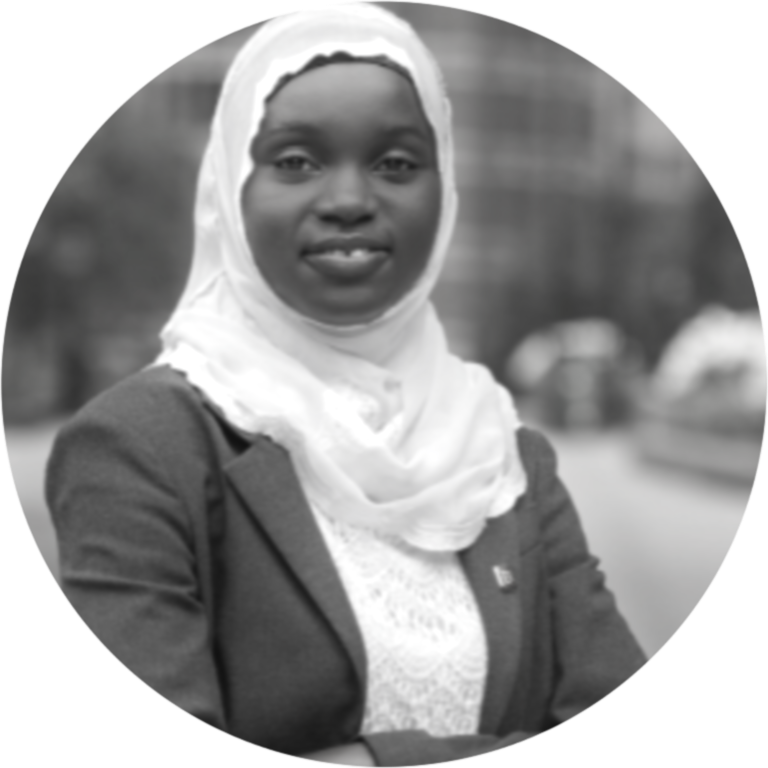Inter Alia’s advisory board includes thinkers and academics, artists, activists and civil society experts from throughout Europe and beyond. Sharing the vision of Inter Alia and looking to deepen and extend its impact, they regularly advise the decision making team on the strategy of the organisation, its public discourse and advocacy agenda as well as on funding, partnerships and stakeholder engagement.
Alberto Alemanno
Alberto is an academic, civic advocate and public interest lawyer. He is Jean Monnet Professor in European Union Law & Policy and one of the leading voices on the democratization of the European Union. His research has been centered on how the law may be used to improve people’s lives, in particular through the adoption of power-shifting reforms countering social, economic, and political inequalities within European societies and beyond. He has written extensively on risk regulation, public health, consumer rights, food policy as democratic innovation and participatory democracy. He runs The Good Lobby, the first advocacy skill-sharing community aimed at connecting people with expertise with CSOs who need them in pursuit of the public interest.


Michele LeVoy
As Director of PICUM, Platform for International Cooperation on Undocumented Migrants, Michele has led the organization for nearly two decades in advocating for undocumented migrants’ human rights towards European and global institutions. Michele has played a key role as board member for several civil society organisations at the global and EU levels. She holds degrees in French, Justice and Peace Studies and a Master in Applied Sciences (Housing and Development).
Igor Štiks
Professor, Faculty of Media and Communications, Belgrade / Senior research fellow at the Faculty of Arts, University of Ljubljana. He previously worked and taught at the universities in Edinburgh, Sarajevo and Graz. Earning his PhD at the Institut d’Études Politiques de Paris and Northwestern University, Štiks later published a monograph, Nations and Citizens in Yugoslavia and the Post-Yugoslav States: One Hundred Years of Citizenship (Bloomsbury, 2015). Together with Jo Shaw he edited the collections Citizenship after Yugoslavia (Routledge, 2013) and Citizenship Rights (Ashgate, 2013), and, with Srećko Horvat, Welcome to the Desert of Post-Socialism: Radical Politics after Yugoslavia (Verso, 2015). He is also the author of two novels, A Castle in Romagna and The Judgment of Richard Richter (originally published as Elijah’s Chair), which have won numerous awards and have been translated into 15 languages. His most recent novel W (Fraktura, 2019) is dedicated to a century of revolutionary struggles in Europe. He was honored with the French distinction Chevalier des arts et des lettres for his literary and intellectual achievements.


Haby Diallo
Haby has more than 10-year experience in community development focused on youth and women empowerment. Through DECLIC, a youth-led organization she co-founded, more than 4000 young people have been trained since 2016 through different programs in leadership, personal development and entrepreneurship in the south of Senegal and four other African countries. DECLIC’s mission is to take the leadership challenge for the common good, the purpose being to empower youth and women with a wide range of opportunities to seize within their countries. Haby is 2017 Mandela Washington Fellow.
Eleni Takou
Eleni Takou is director of the non-profit organisation Ten Million Hands. She has studied communication, political science and political philosophy in Athens and Paris. She has worked in the Advocacy, Communications and Programs sector of several NGOs, including HumanRights360, the Hellenic League for Human Rights and SolidarityNow. During 2015, she has served as Chief of Staff of the Minister for Migration Policy. Prior to this, she has been coordinating the Racist Violence Recording Network, a coalition of CSOs under the auspices of UNHCR Office in Greece and the Greek National Commission for Human Rights. She has also been a consultant on issues of statelessness for UNHCR Greece. Her work is focused on advocacy and strategic communications, refugee protection, migration, and anti-racism.


Anastas Vangeli
Anastas is a researcher and teacher of China and globalization. Originally from North Macedonia, Anastas is currently a Visiting Professor in the rank of Assistant Professor at the School of Economics and Business, University of Ljubljana, and is also collaborating with the TOChina Hub in Turin, Italy, and the ESSCA School of Management (Angers & Shanghai). He has studied, worked and conducted research in a number of places in Europe and Asia. Prior to his academic career, he was a social justice activist, a junior basketball player and a basketball coach.
Nancy Papathanasiou
Dr. Papathanasiou is a Clinical Psychologist, adjunct lecturer in the Department of Psychology (Panteion University of Social Sciences) and in the Department of Social Work (University of West Attica). She is also the Scientific Coordinator for the 11528 LGBT+ Helpline in Greece. Her research focuses currently on resilience and developmental psychopathology, adaptation and well being of LGBTQI+ individuals, and her clinical interests include sexual, gender, and relationship diversity, and community psychology.


Malisa Zobel
Malisa is a political scientist and leads the Municipal Integration and Development Initiative (MIDI) at the HUMBOLDT-VIADRINA Governance Platform, a non-profit based in Berlin. Recent projects have focused on strengthening the dialogue between civil society and municipalities, new formats of participation at the local level and developing policy proposals on how to decentralize EU asylum & refugee policy. She is a founding member of the ‘From the Sea to the City’ alliance aiming to put cities and human rights at the center of migration debates. She is an expert on migration and asylum, having widely published on these issues. She earned her PhD and taught as a lecturer at the Chair of Comparative Politics at the European University Viadrina.
Daniel Bagameri
Daniel obtained a Master of Arts in International Relations and European Studies at the Central European University (CEU) in 2011. He is currently the Head of Office at the International Organization for Migration (IOM) in Budapest, Hungary. Previously, acting as Executive Director he worked on the establishment and launch of the Trauma Centre Non-profit Ltd that has the mission to offer psychological support to persons in disadvantaged situation. He also worked as the Regional Fundraising and Grant Writing Advisor responsible for Europe at Terre des Hommes Foundation. Daniel fluently speaks Hungarian and English and intermediate in Italian.





